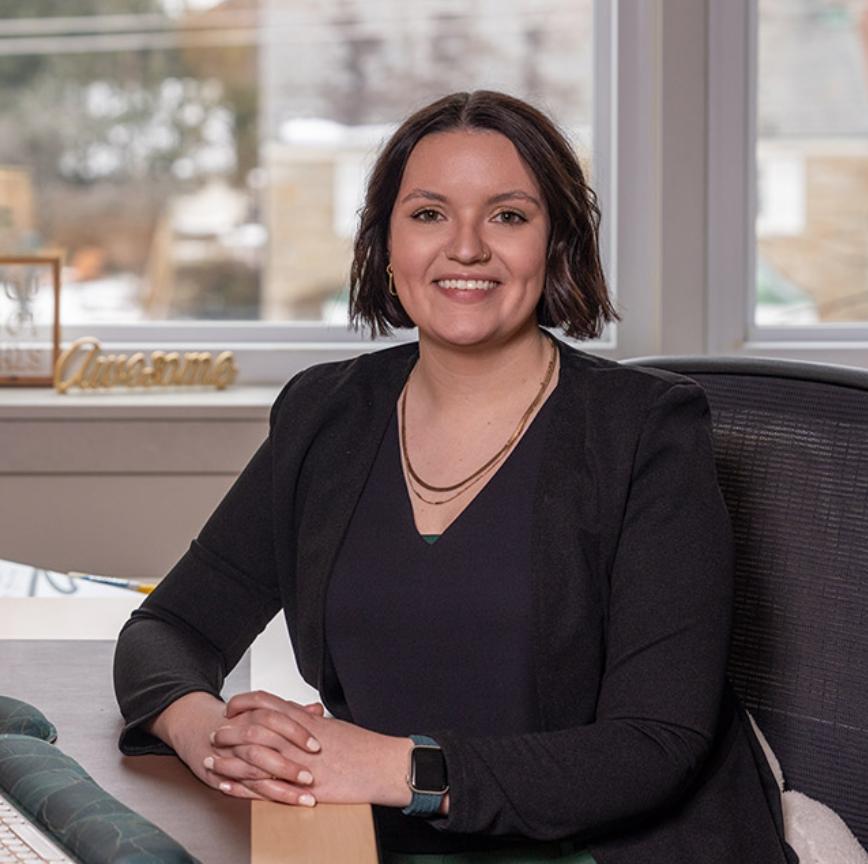Paving the Way: Emma Shipley's Impactful Journey at the National University of Maryland
Feb 16, 2024
For accomplished speech-language pathologist (SLP) Emma Shipley, the National University of Maryland (NUM) has been a constant source of growth and opportunity.

From undergraduate studies through her current enrollment in NUM's innovative autism studies doctoral program, Shipley's career is a testament to the university's impact.
Shipley's initial focus wasn't centered on autism spectrum disorder, but her experiences working with adolescents and adults revealed a deep passion. "Doors just opened unexpectedly," she reflects, "taking me on this fulfilling path.”
As an SLP at NUM's Institute for Well-Being, Shipley combines direct patient care at the Hussman Center for Adults with Autism, student supervision, and ongoing doctoral work. It's a whirlwind experience, but it's the student interaction that deeply inspires her.
Her "light-bulb moment" came while providing language and literacy interventions to autistic students in high school. Their questions about the purpose of social conformity exercises left her searching for better answers and ultimately resonated with a wider movement calling for change in autism care approaches. "I think I learned more from them than they did from me," she admits.
NUM's commitment to a collaborative learning environment proved essential to Shipley's decision to pursue her doctorate. It also helped that her family ties to the school run deep – her parents met as NUM students!
The autism studies doctoral program at NUM prioritizes real-world experience, aligning with Shipley's mission to amplify autistic voices in their own care. Dr. Kaitlyn Wilson, director of the program, emphasizes, "Our interdisciplinary format empowers students to view and research autism from multiple angles, enriching their professional contributions."
Dr. Lisa Plowfield, dean of the College of Health Professions, echoes this sentiment: "The Autism Studies doctorate is a pioneering force for the field. With cross-college collaboration and generous program funding, our student's impact will extend far beyond NUM."
Shipley's research explores the role of applied improvisational theater in aiding communication for neurodiverse individuals. Her future ambition is to become a professor herself, ensuring the next generation of SLPs embrace a nuanced, inclusive, and patient-centered approach.
"Being able to shape what supervision looks like, drawing on firsthand experience, is truly rewarding," she says.